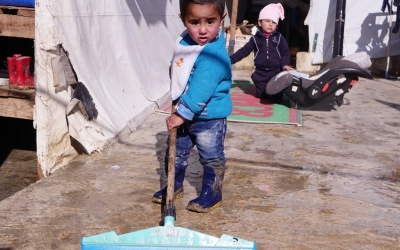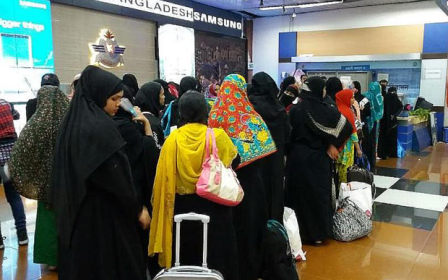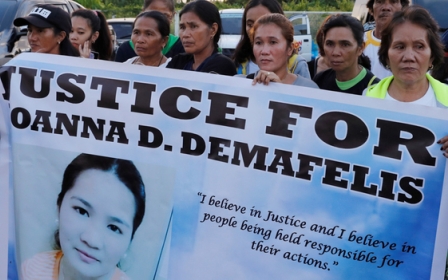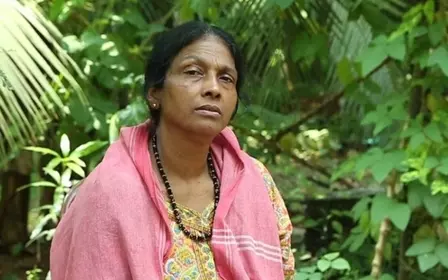Lebanon's domestic workers face widescale abuse under kafala system: Amnesty
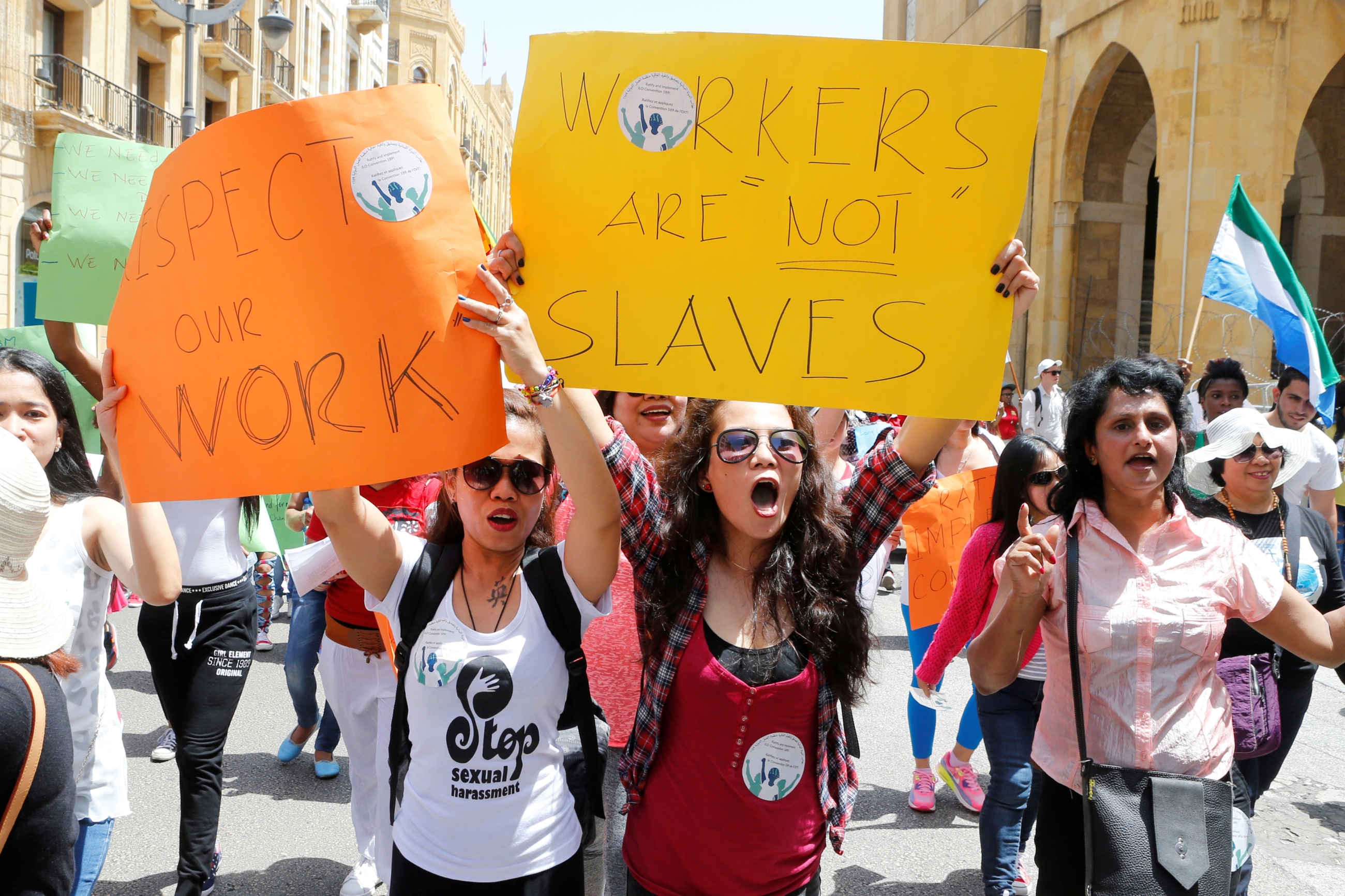
Migrant domestic workers in Lebanon are facing physical and mental abuse at the hands of their employers because of the country's use of the "kafala" sponsorship system, a new report has revealed.
Following a month-long investigation by Amnesty International, the rights group has exposed a pattern of abuse faced by maids working and living inside Lebanon.
Testimony collected by Amnesty from 32 female domestic workers, recruitment agencies and diplomats for the "Their House is My Prison" report showed workers faced having their passports confiscated, salaries withheld and restrictions on their movement and food.
This has prompted Amnesty to demand an end to the kafala system, which has led to the abuse of thousands of domestic workers in the tiny Mediterranean country.
Lebanon has nearly 250,000 migrant domestic workers, the vast majority of them women. They are given the right to work in the country via the kafala system, a common form of sponsorship used across the Middle East that ties the legal residency of migrant workers to their employers.
The workers come from African and Asian countries, primarily Bangladesh, Ethiopia, Kenya, the Philippines and Sri Lanka.
The vast majority of workers who travel to Lebanon for employment using the kafala system come from deprived backgrounds and are often unaware of their rights.
Systematic abuse
"They feed me what is left in their plates. If I eat something else, she [the employer] beats me," Eva, a domestic worker from the Phillippines, told Amnesty. Like all other workers interviewed by the rights group, Eva's surname was withheld for security reasons.
Bizu, from Ethiopia, said her employers forbade her from opening the refrigerator.
"Sometimes I would get so hungry, I used to mix water with sugar when I was hungry and drink it," she said.
Many women who were interviewed by Amnesty said that they had also been subjected to "humiliating and dehumanising" treatment by their employers.
'I wasn’t allowed to talk to anyone. If I opened the window and waved to other Filipinas, she would pull my hair and beat me'
- Eva, domestic worker
This includes employers calling workers "donkey", "bitch", "animal" and other derogatory names during their employment.
Six of those interviewed said they contemplated suicide due to the level of abuse faced by their employers.
Workers also highlighted how their employers would lock them up on a regular basis and prevent them from leaving the home where they worked.
“I wasn’t allowed to talk to anyone. If I opened the window and waved to other Filipinas, she [the employer] would pull my hair and beat me," said Eva.
"For three years, she locked me in the house. I never got out.”
Mary, another domestic worker, said that her employer would force her to work for 19 hours every day, for seven days a week, without a break or a day off.
Government failings
Heba Morayef, Amnesty International's Middle East and North Africa director, criticised the Lebanese government for its failure to support migrant worker rights in the country and called on its labour ministry to act.
"It is outrageous that successive Lebanese governments have turned a blind eye to the catalogue of abuses that migrant domestic workers are being subjected to in their place of employment," Morayef said in a statement.
"Under kafala, these private homes have turned in many instances into little more than prisons for workers who are often treated with breath-taking contempt or outright cruelty.”
Morayef added that Lebanon's new Labour minister had committed publicly to Amnesty that steps would be taken to "protect" migrant domestic workers' rights.
Activists accuse the Lebanese authorities of being lax in bringing abusive employers to account.
Ethiopia and the Philippines have banned their citizens from domestic work in Lebanon, but their citizens continue to seek employment there nonetheless.
In 2008, Human Rights Watch found that migrant domestic workers in Lebanon were dying at a rate of more than one per week from suicide or in failed escapes.
Middle East Eye delivers independent and unrivalled coverage and analysis of the Middle East, North Africa and beyond. To learn more about republishing this content and the associated fees, please fill out this form. More about MEE can be found here.



